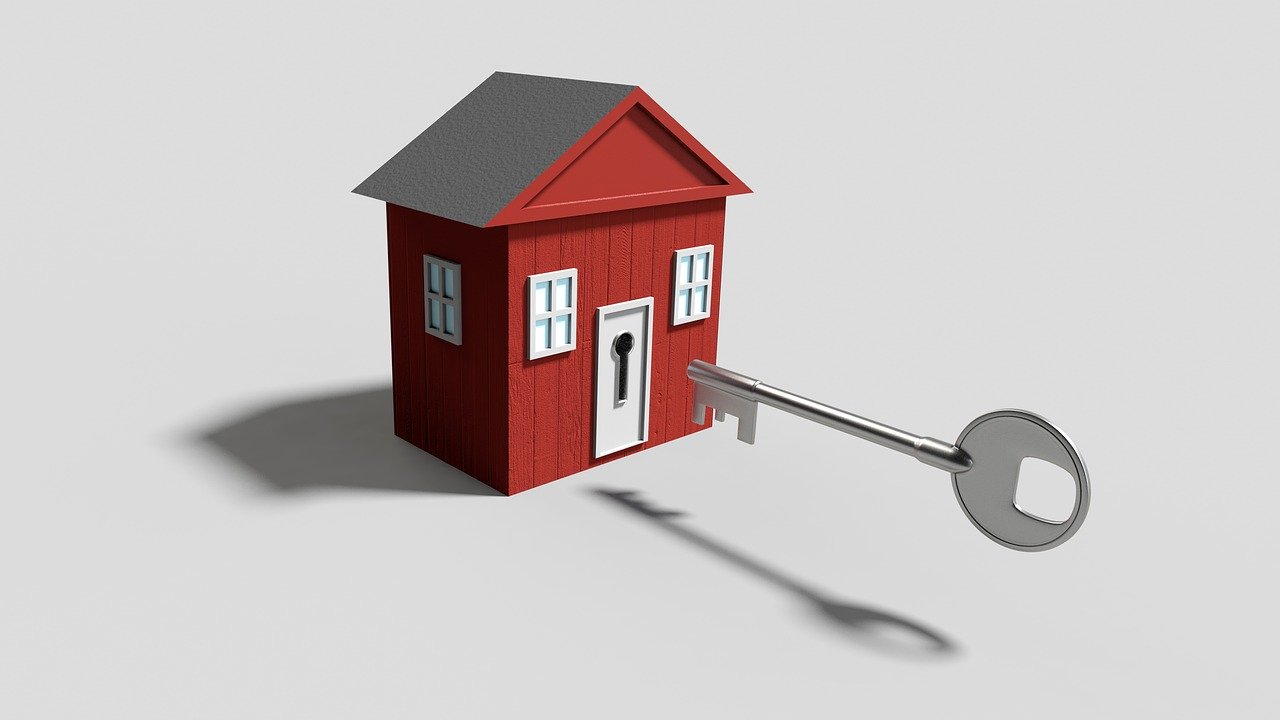
Should you consider a refinance of your mortgage during the coronavirus outbreak? Headlines about the pandemic have served to throw stock markets into disarray, mortgage rates took a huge nose-dive, and many homeowners rushed to take advantage of the low rates, which in some cases (FHA and VA mortgages, for example) went below the three percent range for the first time in many years.
What does it mean for the rates to dive so low? Some mistakenly interpret such conditions with no understanding of how the underlying factors that influence mortgage rates work. Here’s a simple way to keep things straight in your mind where mortgage loan and refinance loan interest rates are concerned:
In general terms only, what is good for the economy is often bad for home loan interest rates. What is generally bad for the economy has an inverse effect on mortgage rates. These general rules apply until they don’t. Does that sound flippant or dismissive?
It may sound that way, but it also has the benefit of being true and a quick glance at recent market watcher headlines and articles finds that concept at work in a variety of ways.
You don’t need to be a mortgage expert to know whether or not you should refinance or even buy a new home with a much more affordable (in theory) loan with interest rates at low levels.
All you need to do is ask yourself if you are ready to apply for a new home loan right now. But it’s not as easy as it sounds. Do you need the extra money a cash-out refi loan will bring? Or are you looking for lower payments and interest rates? These are all important questions to ask.
Are You Ready For A Refinance Loan Or New Home Loan?
If you don’t know your FICO score right now, you aren’t ready for a new loan. If you haven’t seen your credit report in the last six months? You aren’t ready for a home loan or a refinance loan–UNLESS your refinance loan is a Streamline Refinance for an FHA or VA mortgage (just two examples) designed specifically to give a tangible benefit to the borrower such as a lower mortgage rate, a lower monthly payment, etc.
If you don’t know what your credit utilization ratio is, you aren’t ready for a home loan.
Why are these things important? Because they speak directly to what the lender is looking for in your credit reports; if you don’t know what your lender will learn about you via your credit reports and other financials, you are NOT READY for a major loan. Applying for a refinance loan or new purchase loan involves a hard inquiry into your credit.
The hard inquiry has the result of lowering your FICO scores a bit, which is not a problem for the home loan or refinance loan application process. But if you apply for a loan too early and get turned down, your next attempt at getting credit may (or may not, depending on how long you wait) be affected. That’s really the least of your worries, but it is something to keep in mind.
If You Are Ready Now, Do It
If you have worked on your credit, if you know your FICO scores and debt ratios, and come to the loan application process with a minimum of 12 months of on-time payments on all financial obligations, now is an EXCELLENT time to refinance based on the interest rates alone. However, those rates may not persist. If your credit is less then perfect, then consider a personal loan!
Markets are extremely volatile at the time of this writing and the best advice has more to do with setting a range of interest rates you are comfortable with and committing to the loan with those in mind. Have an upper limit on how high mortgage rates will climb that you feel comfortable with and discuss the mortgage loan interest rate lock option with your loan officer.

Joe Wallace is a writer and editor from Illinois. He was an editor and producer for Air Force Television News for 13 years, and has served as Managing Editor for publications including Gearwire.com, and Associate Editor for FHANewsBlog.com. He is also an experienced book and script editor specializing in non-fiction and documentary filmmaking.
